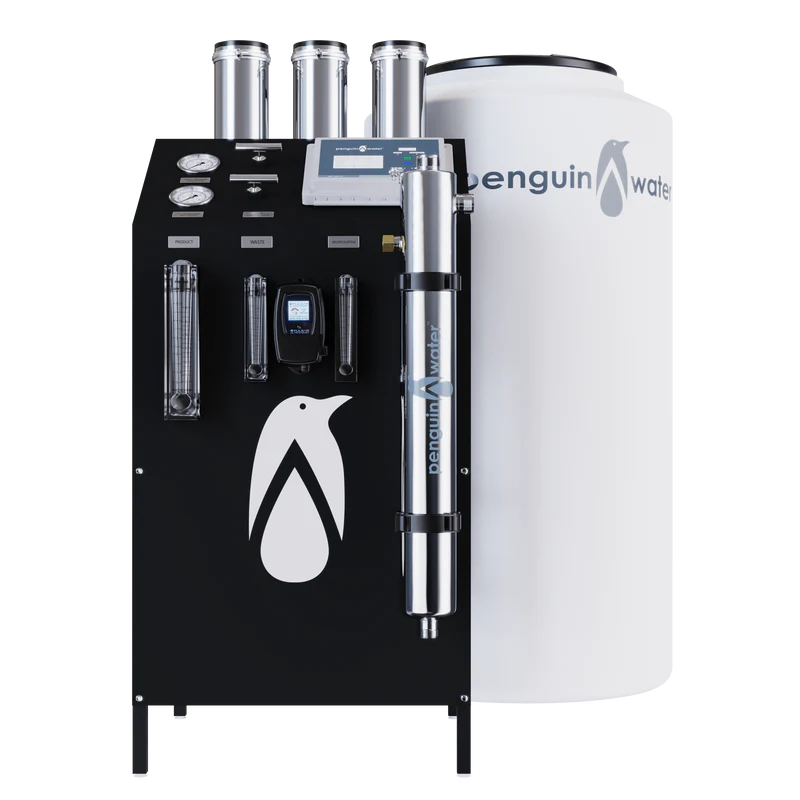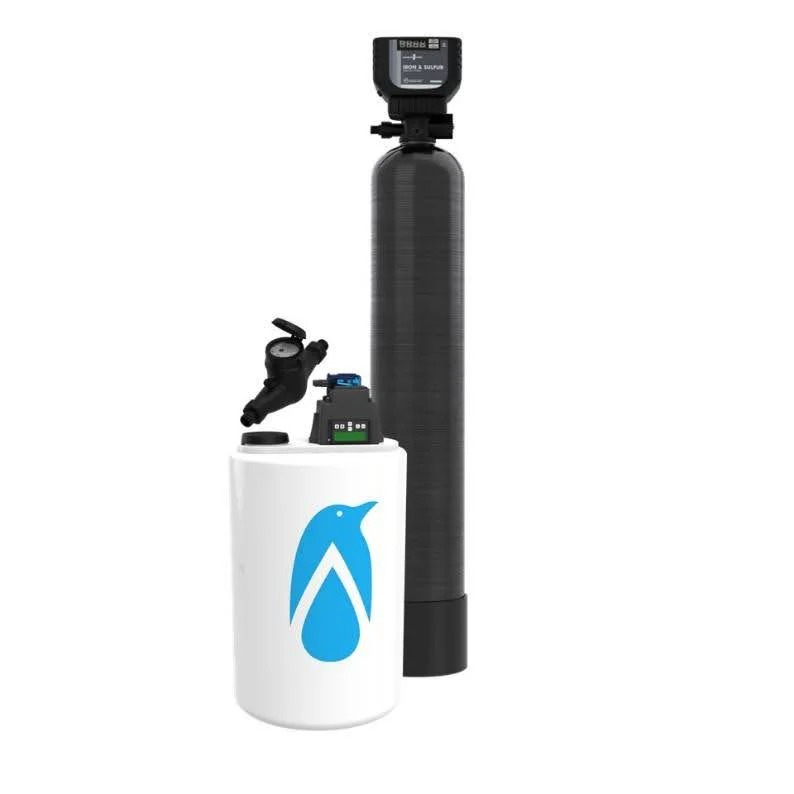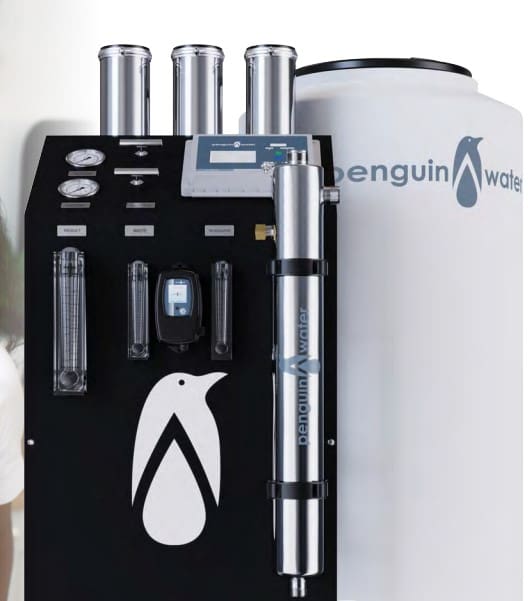The Importance of Drinking Enough Water for Your Health
Water is essential for life. It makes up about 60% of your body weight and plays a vital role in many bodily functions, such as lubricating your joints, delivering oxygen throughout your body, regulating your body temperature, and flushing out toxins.
Drinking enough water every day can have many benefits for your health, from improving your skin to boosting your energy. Here are some of the reasons why you should drink more water and how to do it.
Benefits of Drinking Water
Water is important to your body as it helps to :
- Keep an average temperature. Water helps regulate your body’s heat through sweating and respiration.
- Lubricate and cushion joints. It keeps your joints healthy and flexible by reducing friction and inflammation.
- Protect your spinal cord and other sensitive tissues. It also acts as a shock absorber and a barrier against infections and injuries.
- Get rid of waste through urination, perspiration, and bowel movements. Water flushes toxins and waste products from your body, preventing constipation and kidney stones.
Drinking water can also help you manage weight, improve mood, enhance cognitive performance, and prevent dehydration. Dehydration can cause fatigue, headache, dizziness, confusion, and dry skin.
How Much Water Do You Need?
The water you need depends on many factors, such as age, sex, activity level, health condition, and climate. There is no single formula that fits everyone, but there are some general guidelines you can follow.
According to the U.S. National Academies of Sciences, Engineering, and Medicine, an adequate daily fluid intake is:
- About 15.5 cups (3.7 liters) of fluids a day for men
- About 11.5 cups (2.7 liters) of fluids a day for women
These recommendations include fluids from water, other beverages, and food. About 20% of your daily fluid intake usually comes from food, especially fruits and vegetables with high water content.
You may need to adjust your fluid intake based on your needs and circumstances. For example, you may need more water if you:
- Exercise regularly or sweat a lot
- Live in a hot or humid environment
- Having a fever, vomiting, or diarrhea
- Have a bladder infection or urinary tract stones
You can check your hydration status by looking at the color of your urine. It should be pale yellow or clear. If it is dark yellow or brown, you may be dehydrated.
How to Drink More Water
Drinking water is one of the easiest and cheapest ways to stay healthy. Here are some tips to help you drink more water throughout the day:
- Carry a reusable water bottle with you and refill it often.
- Add some flavor to your water with lemon, lime, cucumber, mint, or berries.
- Drink a glass of water before each meal and snack.
- Install a Reverse Osmosis unit to avoid buying water bottles.
- Replace sugary drinks like soda, juice, and sports drinks with water or unsweetened tea or coffee.
- Drink water before, during, and after exercise.
- Set reminders on your phone or use an app to track your water intake.
- Drink more water when you are sick or feeling unwell.
Water is essential for your health. Drinking enough water daily can support your body’s functions and processes, prevent dehydration, and enjoy many other benefits. So grab a glass of water and drink up! Cheers! 🥂
Learn more about Reverse Osmosis systems to get clean drinking water in your home and enjoy plenty of water from your tap.







